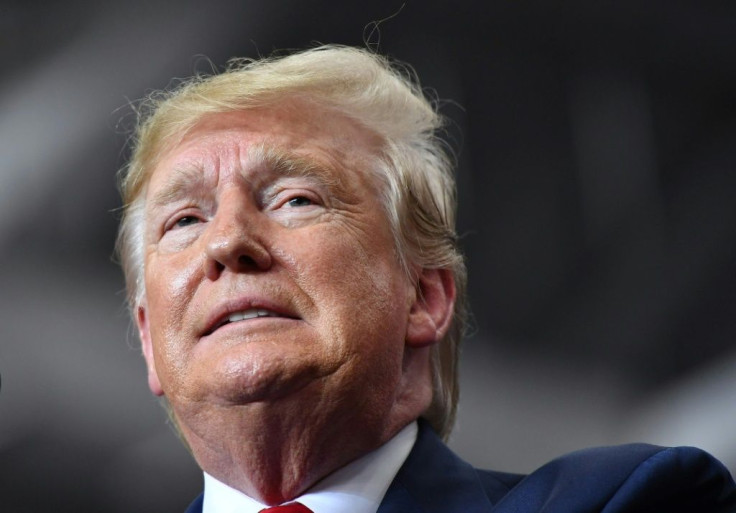US-China Trade Deal On 'Stalemate' Again, Can't Agree On Terms

Contrary to expectations of an imminent phase one deal, the trade negotiations between the U.S. and China have reached an impasse as disagreement persists in many critical areas, per the latest news.
To end the trade war the U.S. wants broad concessions from China on intellectual property protection and the technology front, ending forced technology transfers, before considering the withdrawal some of the tariffs imposed on Chinese exports.
But China is not blinking.
The thinking in the Trump administration was apparent in the words of White House economic advisor Larry Kudlow who said on Tuesday that no tariff adjustments will be made until a full-fledged trade deal with China is made, according to CNBC.
In the China trade war, the U.S has so far slapped tariffs on more than $500 billion worth of Chinese imports while Beijing retaliated with duties on $110 billion worth American products.
The stalemate in the trade talks was also reported by the Wall Street Journal. According to China news, the Asian giant is against committing to any specific amount of agricultural products in an interim trade deal.
But President Donald Trump has been claiming that China will buy up to $50 billion in U.S. agriculture goods under phase one pact.
US losses from trade war
Meanwhile, shipping data for the last 12 months from October indicates even if a deal with China is clinched, the loss incurred by American businesses at the export front is hard to come back and their space in global exports has shrunk.
The pattern of trade flow also shows China is moving away from the United States and turning to Europe for most of its import needs.
One illustrative example is the trade flow from the Port of Los Angeles, the largest port that transits U.S. exports to China. It recorded a 19.1 percent drop in volumes between October 2018 and Oct. 2019.
China’s retaliatory tariffs affected 96 percent of the purchases of U.S. exports that traveled through the L.A. port and the price tag is $19.9 billion, per Los Angeles news.
If the retaliatory tariffs from the other countries are also factored in the impacted value of export cargo will be $20.2 billion, or 28.8 percent of all export value through the L.A. port.
The tariffs on American goods seem to be gradually pricing them out of the global marketplace.
Agriculture was hit by the trade war and it lost $11 billion and counting. Numbers suggest that two years before the trade war, the U.S agriculture business made $49.807 billion. Therefore, the promise of Trump that China will buy $40 billion to $50 billion in agriculture under the new deal looks overblown if the lost revenue is also counted.
Data also shows China is cutting down its LNG and crude imports from the U.S. In the former, China is taking more volumes from Qatar and Australia.
© Copyright IBTimes 2025. All rights reserved.





















